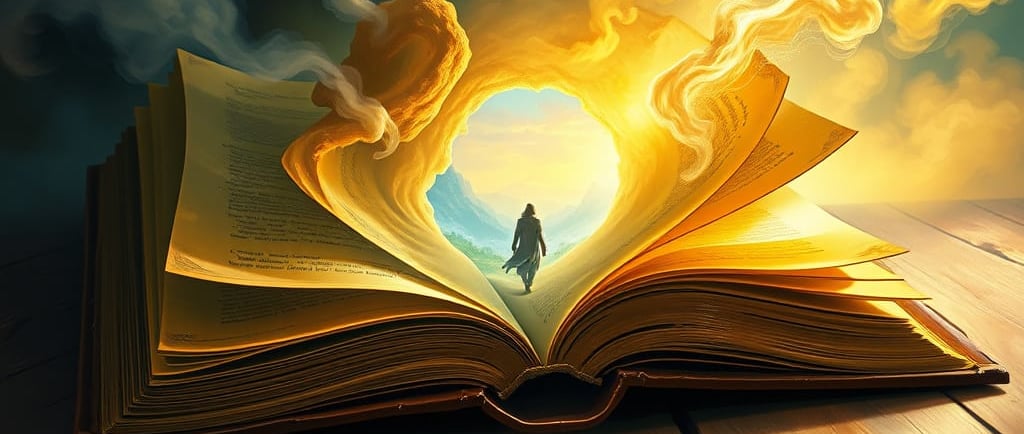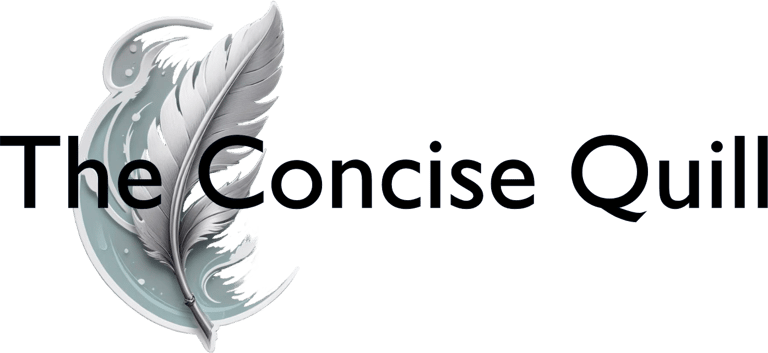

Some years ago now, I attended a humanities conference at the University of British Columbia. A pair of instructors from Simon Fraser University held a seminar about their creative writing program, and presented research that suggested that their students were not, on the whole, doing a lot of reading. One of the presenters said, rather forlornly, “Everyone wants to be a writer, but no one wants to read.”
I’ve thought about that a lot since then, and, at least anecdotally, that statement still rings largely true: “Everyone wants to be a writer, but no one wants to read.” And I get it – we get so caught up in teaching and researching, and while that might involve ‘some’ reading, we see that as ‘work’. But how often do we make time to simply read for the sheer and sublime pleasure of it? Not for taking notes, or extracting quotes, or seeking validation for our latest research problem, but just for the joy of it?
When I speak to friends and colleagues about reading, I often hear “I haven’t read a book in years”. Interestingly, this seems to be especially prevalent among those with university degrees, as if somehow doing all that ‘required reading’ has just wrung all the joy out of reading. I have certainly gone through phases of that myself, where I might go months and months without reading anything longer than a news article, maybe a feature here or there. Part of the problem is that there are so many more passive ways to occupy our brains: TV shows and movies and podcasts and social media feeds are ubiquitous and require very little effort. There is of course nothing wrong with TV shows and movies and podcasts (not so sure about social media feeds), but there’s something about reading books that’s different. Our imaginations construct the worlds we read about, we visualise the characters, populate the backdrop, imagine voices and sounds, sights and smells, we construct worlds – much as we do in our own writing.
We all strive to be better writers. And yet, if we’re not reading, how do we encounter good writing? And if we’re not encountering good writing, how are we improving our own writing? I don’t think it matters much whether we choose to read fiction or non-fiction, in fact, I really enjoy reading non-fiction, especially in areas well outside of my research interests. Books I have read and loved in the last few years include Chris Hadfield’s excellent memoir, An Astronaut’s Guide to Life on Earth (2013), and Ben McIntyre’s The Spy and the Traitor (2019), the wonderfully engrossing tale of Oleg Gordievsky, a Cold War double agent who worked for MI6.
Most recently, I finished reading an excellent book, The Grammar of Angels (Edward Wilson-Lee, 2025), about the life and thought of the utterly outrageous Renaissance philosopher and iconoclast Giovanni Pico della Mirandola. I first came across Pico in an undergrad philosophy course at a time when Google was still in its infancy. When I typed Pico’s name into the search engine, Google had… nothing. Of course this simply intrigued me even more, and although my studies went in a different direction, I have always wanted to learn more about Pico. I loved reading about how he spent his life searching for the “magical powers of sublime language”, although his reasons for wanting to find the most perfect words are very different from mine.
The book is engaging and well-written. It could certainly be used for academic purposes, but the language and flow of the book also make it an enjoyable read, just for the sake of reading. It tells a good story and the language and format are accessible (although it would help to have at least some background in ancient Greek or Renaissance philosophy). I very much doubt if I’ll ever use any of it in a scholarly way, just as I am unlikely to write about space travel or the Cold War, but really that’s my point. We ‘should’ be reading just because reading brings us new ideas, and new ways of saying things, and it can transport us to another time and place. I loved diving into the world of NASA, exploring the shady underworld of Cold War spy games, and traversing the world of Renaissance subterfuge and intrigue. Each of these books held a unique voice and perspective, each had a unique and interesting tale to tell. All of them captured my imagination.
I’d like to emphasize though, that this is not in any way meant as a judgment if you simply haven’t the time or energy or interest in reading just for the sake of reading. It’s very easy to think of reading as yet another task, another obligation, another pressure on our time. And if you find it hard to read for pleasure, you are certainly not alone. According to a recent article (August 2025) in Smithsonian Magazine, “in 2004…around 28 percent of individuals reported reading for pleasure. But by 2023, that number had dropped to 16 percent.” (https://www.smithsonianmag.com/smart-news/reading-for-pleasure-has-declined-by-a-deeply-concerning-40-percent-over-the-past-two-decades-180987228/)
Nevertheless, it is especially important for us as writers to also be readers. As Wilson-Lee observes, “Books call out to other books, tempting us with their mention of stories that continue elsewhere, [pulling] the reader into an endless quest” (p.169). When you think about it, all writing, whether an article in a magazine, a research paper in a scholarly journal, or a rollicking tale that leads us through a novel landscape, is part of a larger conversation. And conversations are always so much more interesting when we talk to others and not just to ourselves.
Further Reading
Hadfield, Chris. An Astronaut’s Guide to Life on Earth. Random House Canada, 2013.
Macintyre, Ben. The Spy and the Traitor. Signal / Penguin, 2019.
Wilson-Lee, Edward. The Grammar of Angels. William Collins, 2025.
Smithsonian Magazine. “Reading for Pleasure Has Declined by a Deeply Concerning 40 Percent Over the Past Two Decades.” (August 2025) https://www.smithsonianmag.com/smart-news/reading-for-pleasure-has-declined-by-a-deeply-concerning-40-percent-over-the-past-two-decades-180987228/
